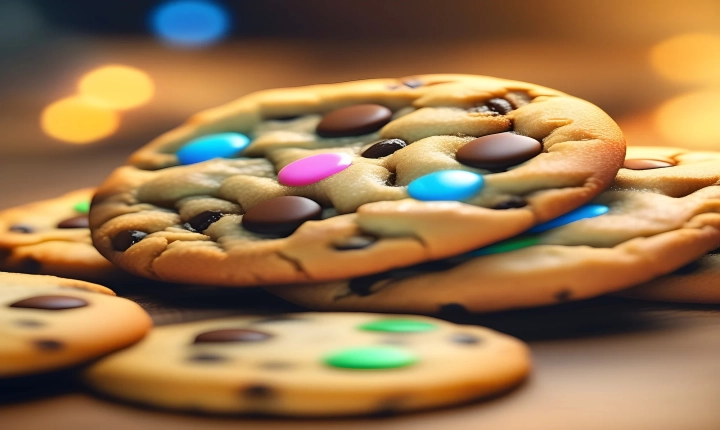Title: Can AI Create Something New? Exploring the Boundaries of Artificial Intelligence Creativity
Artificial Intelligence (AI) has made remarkable advancements in recent years, from mastering complex games like chess and go to generating human-like text and images. However, one looming question remains: can AI truly create something new? Can it exhibit genuine creativity, originality, and innovation?
The notion of AI creativity has sparked heated debates among scientists, engineers, artists, and philosophers. Some argue that AI’s ability to generate unique and novel outputs meets the criteria for creative thinking, while others believe that true creativity requires consciousness, emotions, and a deep understanding of the human experience.
One of the main challenges in assessing AI’s creative potential lies in defining what creativity means and how it should be measured. Creativity is often associated with the ability to produce something original and valuable, while also considering the context in which it is created. In the realm of AI, this can manifest as the generation of novel ideas, designs, music, and even scientific hypotheses.
AI has demonstrated remarkable capabilities in these domains. For example, in art, AI-generated paintings and sculptures have been showcased in galleries and museums, blurring the lines between human and machine creativity. In music, AI algorithms have composed symphonies and albums that are indistinguishable from human compositions. In science, AI has been used to generate hypotheses, discover new materials, and design pharmaceutical compounds.
These achievements raise profound questions about the nature of creativity and the role of consciousness in the creative process. While AI can undoubtedly produce outputs that seem creative, the absence of emotions, desires, and personal experiences in AI systems raises skepticism about whether these creations can truly be considered original and valuable in the way that human creativity is.
Furthermore, the argument for AI creativity often hinges on its ability to learn from vast amounts of data and generate outputs that are statistically novel within the scope of its training. This raises the question of whether AI is truly creating something new or merely recombining existing patterns and information in a different way.
The debate over AI creativity also intersects with concerns about the impact of AI on human creativity and the job market. As AI systems become more adept at generating creative outputs, there is a fear that they may displace human artists, designers, and creators. However, proponents argue that AI can liberate human creativity by automating repetitive tasks and offering new tools for exploration and experimentation.
In conclusion, the question of whether AI can create something new remains a complex and controversial issue. While AI has demonstrated astonishing capabilities in generating seemingly creative outputs, the fundamental differences in the nature of AI and human creativity raise important philosophical and ethical questions. As AI continues to evolve, it will be crucial to critically examine its role in the creative landscape and consider how it can complement, rather than replace, human creativity. Ultimately, the exploration of AI creativity challenges us to reevaluate our understanding of creativity and how it shapes our perception of the world.
